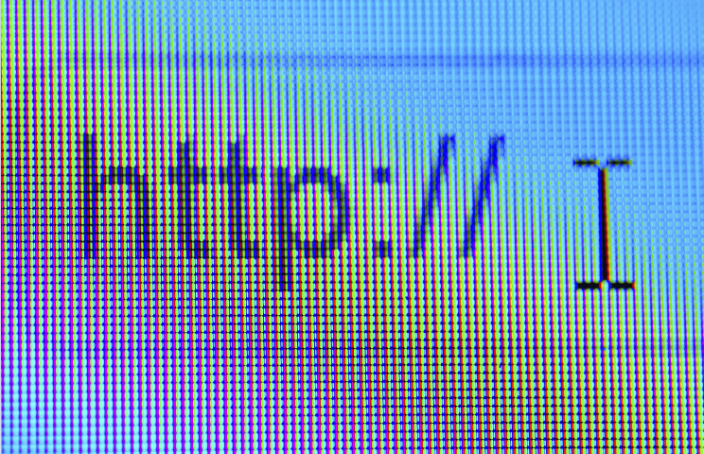No News is Bad News! Big digital platforms flex their influence to no avail.
By Cameron Abbott, Michelle Aggromito and Jacqueline Patishman

After severe criticism from the Australian government and others, Facebook has reversed its initial response to the controversial news media code of banning all Australian news on its platform, now stating that news and key pages concerning public health and government will be restored (although it has not provided a deadline for when this will occur).
Read More






